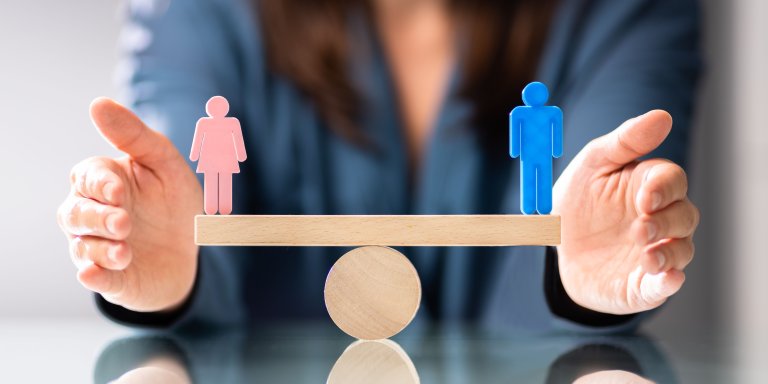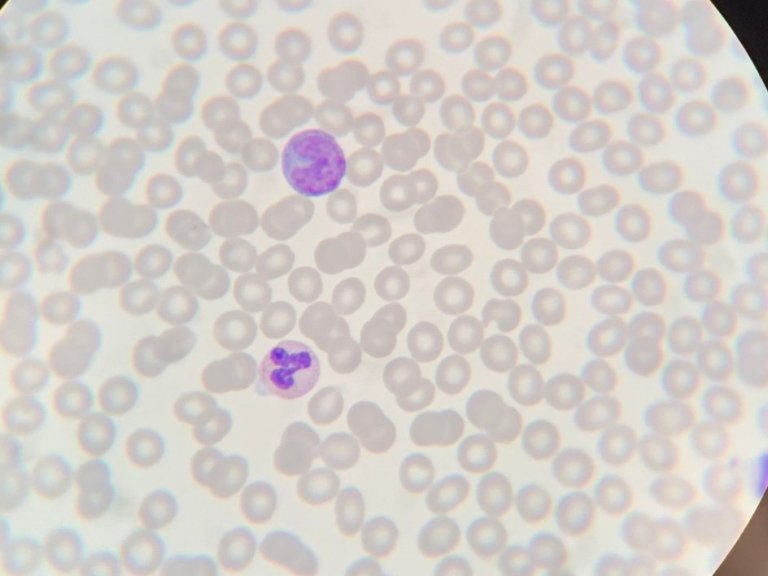"Every human being is shaped by the environment in which it developed, the first nine months of which were in our mother’s womb," adds Roseboom.
Therefore, it is essential that this environment, from the very earliest stages of life into early childhood, is as healthy as possible. Research shows that stressful surroundings in early life affect both organ and tissue development. "These surroundings during critical periods of development leads to permanently altered structures and functions. We've seen that this results in lasting consequences for behaviour, the ability to learn and susceptibility to disease," says Roseboom.
Influence of Stress
Studies have shown that children born to a mother who has experienced a severely stressful event during pregnancy use different, less flexible, learning strategies. Whereas Roseboom's own research regarding the Dutch famine, during the second world war, has shown that children born from malnourished mothers were more susceptible to chronic diseases such as cardiovascular disease. In this case due to structural changes in the heart.
"Millions of children are failing to reach their developmental potential because they were exposed to poverty, violence, poor nutrition, and stress during critical periods of growth and development. On top of all the consequences for their personal lives his makes them also less able to contribute to society," adds Roseboom,
In the case of poverty, the effects are seen all across the world. Whether in the United States or Uganda, children who grow up in, relative, poverty suffer from poor development and poor health. While poverty is often seen as a complex problem, one that is both individual and societal, there is evidence to suggest that alleviating poverty, through cash or near-cash subsidies, have lasting positive effects on child development. For example, through improved cognitive and school performance, graduation rates and adult earnings.
Working together toward a healthier future
The combination of detrimental societal and personal effects means that, for Roseboom, we should all "work together towards gender equality, as a healthier future starts with each and every child getting a good start in life, from the very beginning."
Starting with attempting to combat the problem of inequality through the means that have been show to work. For example, through more funding more but also through empowerment of women and education. With studies showing that empowerment results in improved health outcomes for children. "Gender equality is not only a fundamental human right, but also a necessary foundation for healthier future generations,” Roseboom concludes.




